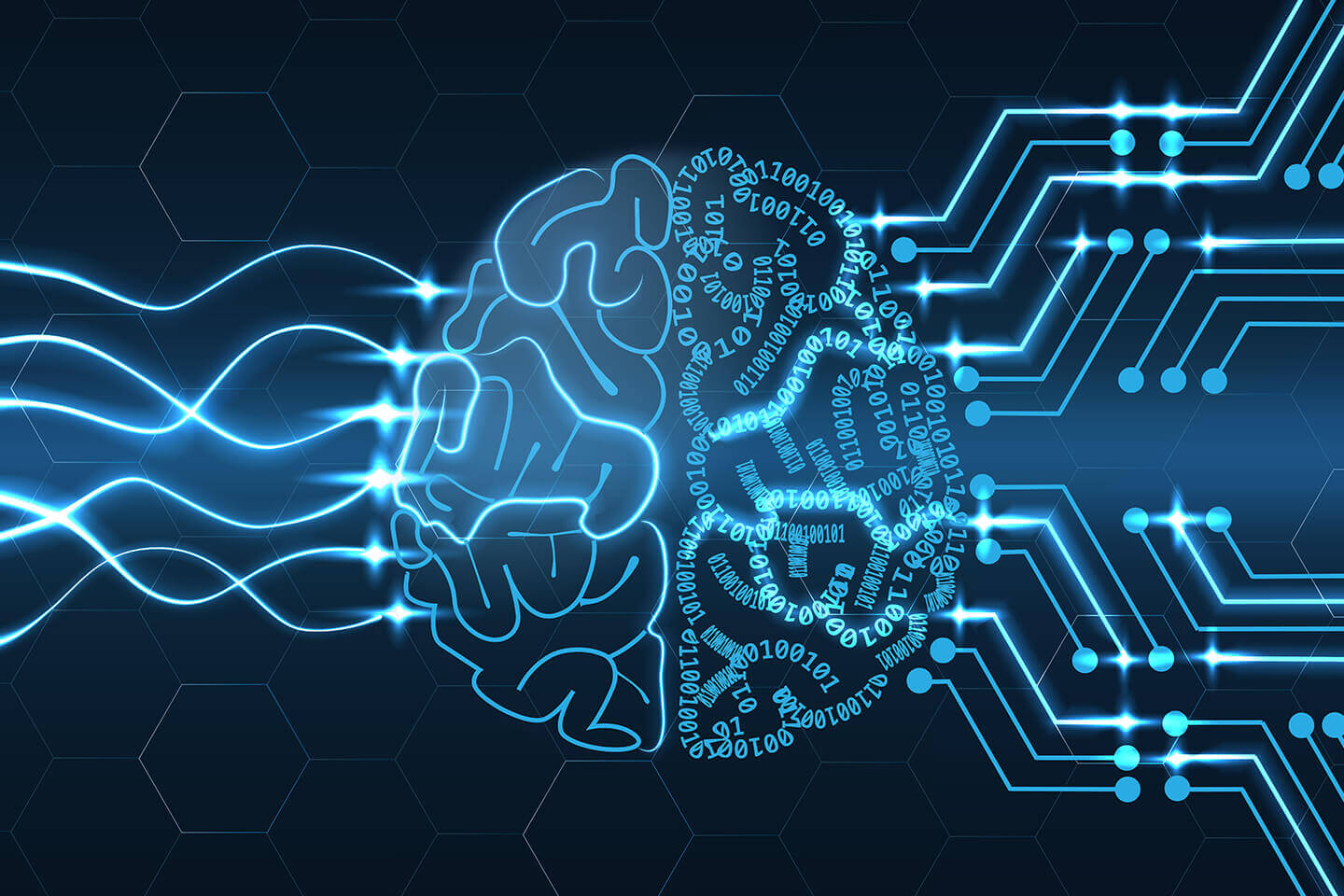Intelligent automation is being implemented across a variety of businesses. It’s changing the way we work by streamlining traditional processes. It makes work more efficient and employees more effective.
The future of most industries is uncertain, but one thing is sure; intelligent automation will be an essential aspect of many businesses. Let’s take a look at intelligent automation and you’ll start to understand how it’s changing the way we work.
Intelligent Automation
Intelligent automation describes the technologies that companies combine to automate business processes. These advanced technologies work together to optimize how companies function. Essentially, intelligent automation can serve as a solution for any company that wants to undergo a digital transformation.
Process Automation and Artificial Intelligence (AI) are the digital technologies that embody intelligent automation within business practices.
Process Automation
Process automation is the use of software technology to automate business processes with minimal human intervention. Software that is configured to work with this type of automation includes Robotic Process Automation (RPA) and Business Process Management (BPM).
RPA in business aims to reduce human intervention in computer functions that have virtually no variation. Such tasks might include data migration, payroll, and claims processing. In this process, “bots” watch how humans execute digital tasks and can replicate the process, eventually taking over those tasks from human employees.
BPM software acts as a digital manager. It assigns tasks to employees, users, and systems while tracking the information that is generated. The software then logs and stores this information, using it to continually improve upon the processes it’s managing.
Artificial Intelligence
AI is the demonstration of independent intelligence by machines. In intelligent automation, AI refers to Machine Learning like Neural Networks, Deep Learning, and Natural Language Processing (NLP).
These types of Machine Learning are implemented to create business systems capable of learning and reasoning. This technology further reduces human intervention with its ability to make intelligent decisions. AI can be implemented in companies through predictive analytics, increased pattern recognition, and improved UX.
Neural Networks, combined with Deep Learning, enhance the way machines decide what to do with the information they are presented. As time goes on, they can learn from other users and employees to make informed, intelligent decisions.
NLP has similar functionality with its ability to detect spam. This technology filters emails, learning from each message it reads. This can cut back on time spent sifting through emails and deciding what communications are important.
These technologies learn and adapt to the companies they work in, ensuring that business processes are always up-to-date.
Intelligent Automation of Jobs
Intelligent automation can make business processes more efficient while simultaneously helping people be more effective in their jobs. Efficiency and effectiveness are key aspects of business modeling that help companies determine how to optimize operations.
Automating work doesn’t mean jobs are being taken by robots. Instead, mundane, repetitive tasks can be efficiently automated so workers don’t have to spend time on them. Human employees will be free to work on more creative and fulfilling activities once bots are allocated to do the tasks which can be automated.
Companies where automation is in place employ workers to do meaningful work. This means employees can feel fulfilled in their job knowing that the work they do is important. The work we will be faced with is creative, problem-solving work that requires analytical, emotional minds. These are human characteristics that intelligent automation will never be able to emulate. Our jobs aren’t going to be taken by robots, instead, intelligent automation is here to assist us.
Less time spent on repetitive, automatable tasks ensures we are more productive in the work that is truly essential to our jobs. As we become more productive in our individual work, company productivity will rise. This results in company-wide growth and advancement.
Intelligent Automation in the Future
Technology will continue to revolutionize the way companies function. As we prepare for the future of business it is important to understand how intelligent automation can change the internal organization and job functions. With proper knowledge and execution, companies can integrate the systems of intelligent automation to help employees work as effectively as possible.

